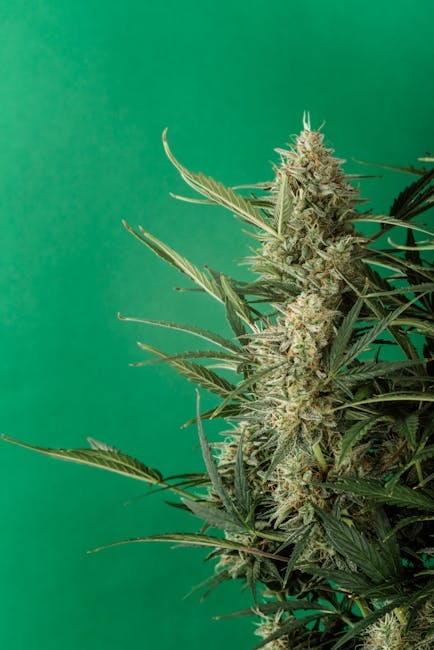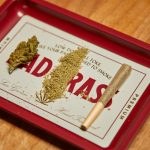
Prague, the capital city of the Czech Republic, is known for its rich history, cultural landmarks, and vibrant nightlife․ Among the numerous attractions and activities the city has to offer, VHQ Cocaine, also known as Very High Quality Cocaine, has gained a notorious reputation․ However, it’s essential to approach this topic with caution and responsibility․
Understanding the Context
VHQ Cocaine refers to a high-purity form of cocaine, which has been reported to be available in certain parts of Prague․ The city’s nightlife, including bars, clubs, and parties, can sometimes involve the use of illicit substances, including cocaine․ It’s crucial to remember that drug use is illegal and can have severe consequences on one’s health, relationships, and overall well-being․
Risks and Consequences
The use of cocaine, regardless of its purity, poses significant risks to physical and mental health․ These can include increased heart rate, blood pressure, and risk of heart attack, stroke, and respiratory problems․ Additionally, cocaine use can lead to addiction, anxiety, paranoia, and other psychological issues․ It’s also important to consider the legal consequences of drug use, which can result in fines, imprisonment, and a criminal record․
A Responsible Approach
When visiting Prague or any other city, it’s vital to prioritize health, safety, and well-being․ Instead of engaging in illicit activities, consider exploring the city’s many legal and safe attractions, such as historical landmarks, cultural events, and outdoor activities․ By making informed choices, visitors can enjoy their time in Prague while minimizing risks and respecting local laws and regulations․
Exploring Prague’s Nightlife Safely
Prague’s nightlife scene is vibrant and diverse, offering a wide range of options for those looking to enjoy a night out․ From trendy bars and clubs to live music venues and cocktail lounges, there’s something for everyone․ To ensure a safe and enjoyable experience, it’s a good idea to research beforehand and plan your night out in advance․ This can include looking up reviews of different venues, checking their safety records, and planning your transportation in advance․
Popular Nightlife Districts
Some of the most popular nightlife districts in Prague include Karlová, Wenceslas Square, and Smíchov․ These areas are known for their high concentration of bars, clubs, and other nightlife venues, and are generally considered safe for tourists․ However, as with any city, it’s still important to be aware of your surroundings and take necessary precautions to ensure your safety․
Staying Safe
To stay safe while enjoying Prague’s nightlife, consider the following tips:
- Stay in well-lit and populated areas, especially at night․
- Avoid walking alone in dimly lit or deserted areas․
- Keep an eye on your drinks and never leave them unattended․
- Be cautious of strangers and avoid accepting drinks or rides from people you don’t know․
By following these tips and being mindful of your surroundings, you can help ensure a safe and enjoyable nightlife experience in Prague․
Prague is a city with a rich history, cultural landmarks, and a vibrant nightlife scene․ While it’s essential to be aware of the risks associated with drug use and take necessary precautions to ensure your safety, there’s no need to let this stop you from enjoying all that the city has to offer․ By being responsible, informed, and mindful of your surroundings, you can have a fantastic time exploring Prague’s many attractions and nightlife venues․
5 thoughts on “VHQ Cocaine: Prague’s Grand Pick”
Leave a Reply Cancel reply
You must be logged in to post a comment.




I\
I completely agree with the importance of approaching this topic with caution and responsibility. It\
The section on risks and consequences is particularly informative. It\
I appreciate the balanced approach of the article, which provides a realistic view of Prague\
The article provides a great overview of the risks associated with cocaine use. I appreciate the emphasis on making informed choices and respecting local laws and regulations.